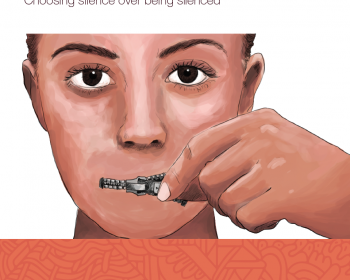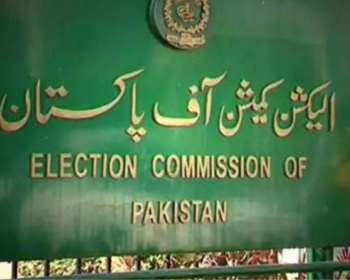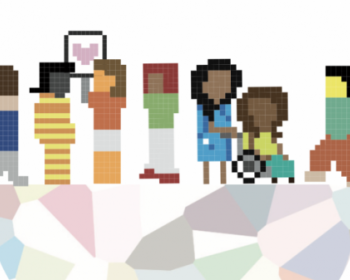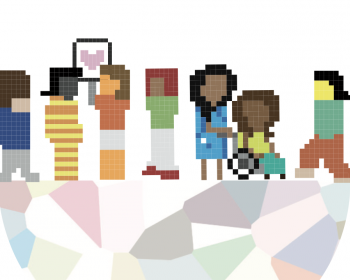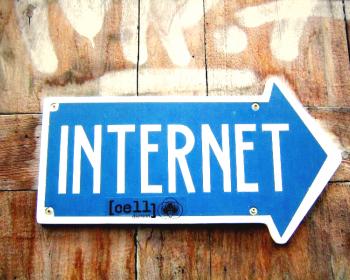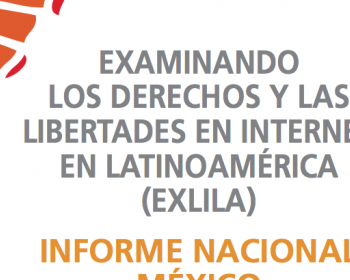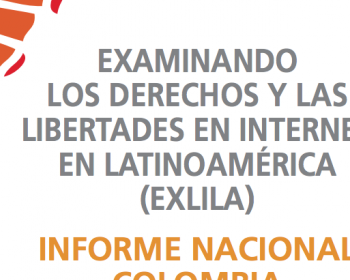censorship
This publication is a gendered version of MMfD's earlier publication Surrendering to Silence. It focuses on the experience of the women respondents of a survey designed to map the presence of and elements related to self-censorship in professional and personal expression by journalists in Pakistan.
Media Matters for Democracy, our member in Pakistan, has published a letter to the Election Commission of Pakistan to curb the spread of election-related online misinformation and ensure implementation of the Code of Conduct for political parties in online spaces.
As many as 88% of Pakistani journalists said they self-censor in their professional work and are most likely to hold back information related to religious and security matters in their reporting and personal conversations, according to new research by APC member organisation Media Matters for Democracy.
Surrendering to Silence: An account of self-censorship among Pakistani journalists is the latest publication by APC member Media Matters for Democracy on the state of freedom of expression and censorship among journalists in Pakistan.
To assess the scope of this impact on sexual rights advocacy the EROTICS team designed and applied a global survey to map how sexual rights activists use the internet to advance their work, and to document and provide insights on the types of risks, harassment, content regulation, or censorship they deal with, and how they respond to them.
To assess the scope of this impact on sexual rights advocacy, the EROTICS team designed and applied a global survey with two primary objectives. One was to map how sexual rights activists (on a variety of issues and from different countries) use the internet to advance their work. The other objective was to document and provide insights on the types of risks, harassment, content regulation or c...
APC and the organisations supporting this joint statement welcome the report of the Special Rapporteur on the promotion and protection of the right to freedom of opinion and expression, Mr. David Kaye, to be presented at the 35th session of the Human Rights Council (HRC).
A leaked document shows that the Ecuadorian government of Rafael Correa in collaboration with the private sector has the technical ability, and the willingness, to block and censor websites throughout the national territory.
Some legislative initiatives in Mexico, such as a bill to create a law on cyber crime, lack technical and legal rigour, and could criminalise legitimate uses of technology, which would affect the exercise of internet rights as well as the overall functioning of the internet.
This report provides a rapid overview of current regulations and the most relevant cases – in the courts and the media – affecting positively or negatively the exercise of human rights online by Colombian citizens.

Association for Progressive Communications (APC) 2022
Unless otherwise stated, content on the APC website is licensed under Creative Commons Attribution 4.0 International (CC BY 4.0)



